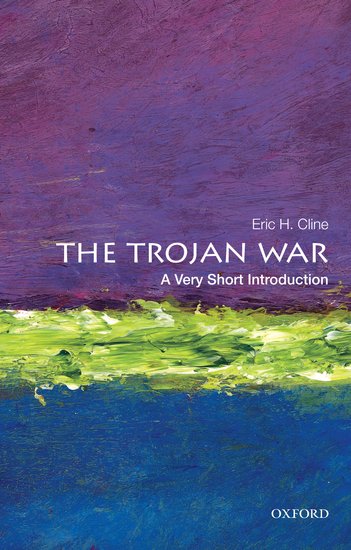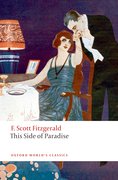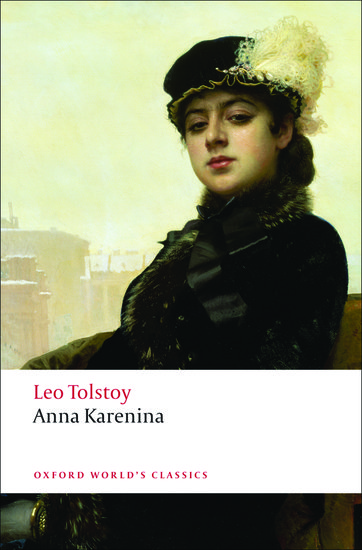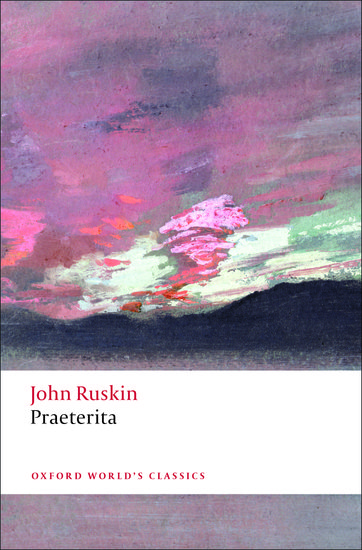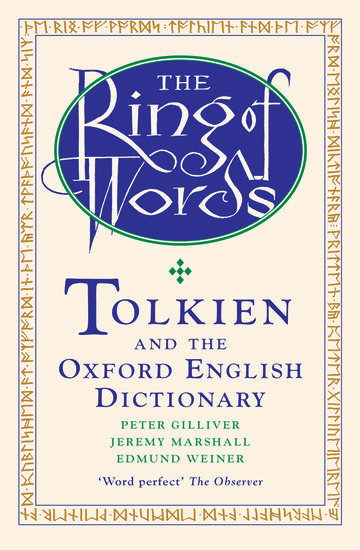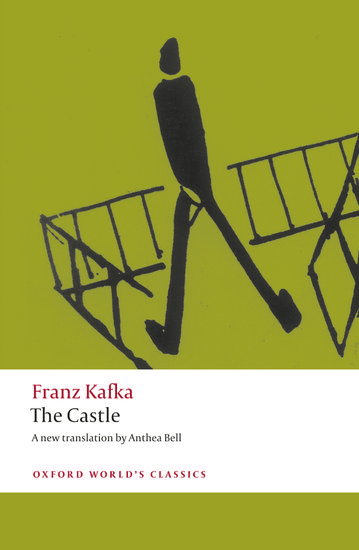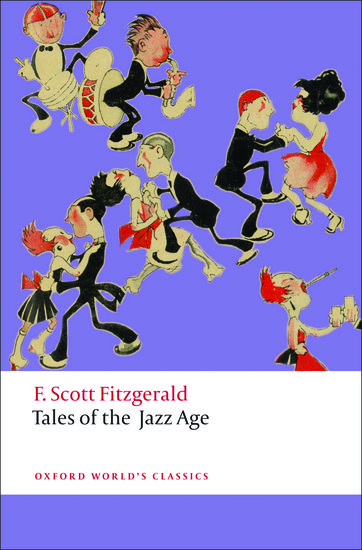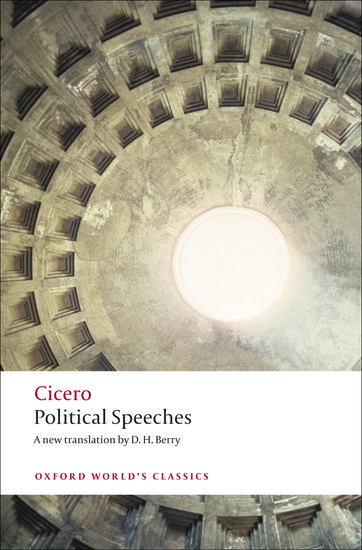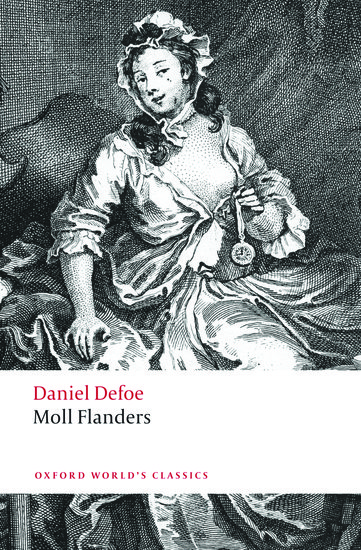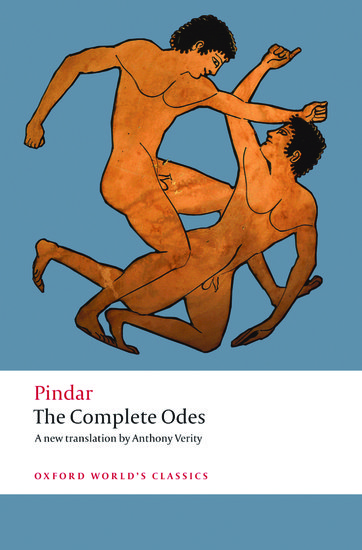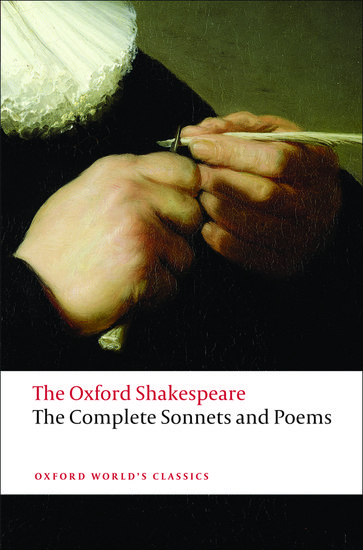The Trojan War: fact or fiction?
By Eric Cline
The Trojan War may be well known thanks to movies, books, and plays around the world, but did the war that spurred so much fascination even occur? The excerpt below from The Trojan War: A Very Short Introduction helps answer some of the many questions about the infamous war Homer helped immortalize.

